Filter by
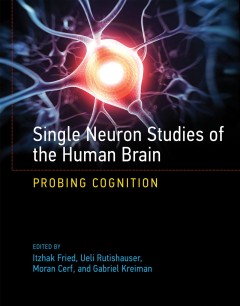
Single Neuron Studies of the Human Brain: Probing Cognition
Foundational studies of the activities of spiking neurons in the awake and behaving human brain and the insights they yield into cognitive and clinical phenomena.OCLC-licensed vendor bibliographic record.
- Edition
- -
- ISBN/ISSN
- 9780262323994
- Collation
- 1 online resource (viii, 365 pages) :illustrations (some color)
- Series Title
- -
- Call Number
- -
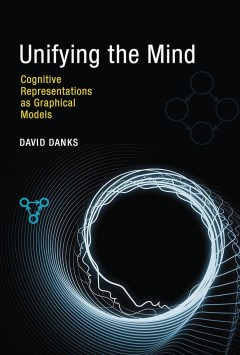
Unifying the Mind: Cognitive Representations as Graphical Models
A novel proposal that the unified nature of our cognition can be partially explained by a cognitive architecture based on graphical models.OCLC-licensed vendor bibliographic record.
- Edition
- -
- ISBN/ISSN
- 9780262325448
- Collation
- 1 online resource (xi, 287 pages)
- Series Title
- -
- Call Number
- -
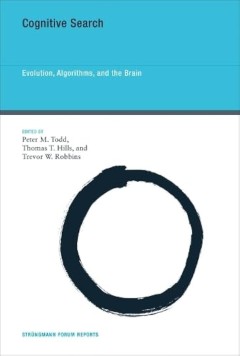
Cognitive Search: Evolution, Algorithms, and the Brain
Over a century ago, William James proposed that people search through memory much as they rummage through a house looking for lost keys. Like other animal species search space, we scour our environments for territory, food, mates, and other goals, including information. We search for items in visual scenes, for historical facts and shopping deals on internet sites, for new friends to add to our…
- Edition
- -
- ISBN/ISSN
- 9780262306003
- Collation
- 1 online resource (xi, 403 pages) :illustrations.
- Series Title
- -
- Call Number
- -
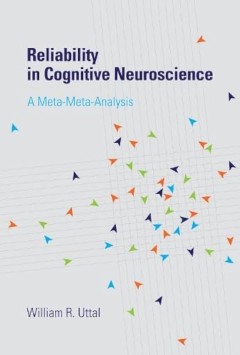
Reliability in Cognitive Neuroscience: A Meta-Meta-Analysis
Cognitive neuroscientists increasingly claim that brain images generated by new brain imaging technologies reflect, correlate, or represent cognitive processes. This book warns against these claims, arguing that, despite its utility in anatomic and physiological applications, brain imaging research has not provided consistent evidence for correlation with cognition. It bases this argument on a …
- Edition
- -
- ISBN/ISSN
- 9780262312042
- Collation
- 1 online resource (xiii, 238 pages) :illustrations
- Series Title
- -
- Call Number
- -
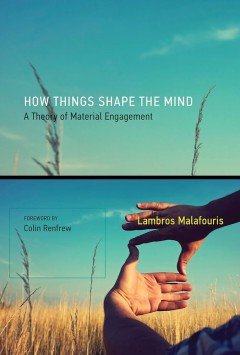
How Things Shape the Mind: A Theory of Material Engagement
An account of the different ways in which things have become cognitive extensions of the human body, from prehistory to the present.An increasingly influential school of thought in cognitive science views the mind as embodied, extended, and distributed rather than brain-bound or "all in the head." This shift in perspective raises important questions about the relationship between cognition and …
- Edition
- -
- ISBN/ISSN
- 9781461935674
- Collation
- 1 online resource (xv, 304 pages)
- Series Title
- -
- Call Number
- -
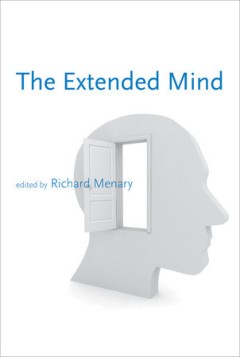
The extended mind
Leading scholars respond to the famous proposition by Andy Clark & David Chalmers that cognition & mind are not located exclusively in the head.OCLC-licensed vendor bibliographic record.
- Edition
- -
- ISBN/ISSN
- 9780262266024
- Collation
- 1 online resource (viii, 382 pages).
- Series Title
- -
- Call Number
- -
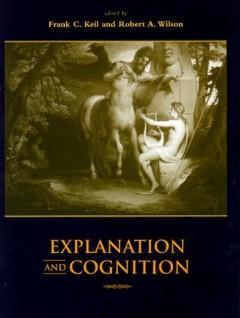
Explanation and cognition
"A Bradford book."These essays draw on work in the history and philosophy of science, the philosophy of mind and language, the development of concepts in children, conceptual change in adults, and reasoning in human and artificial systems.Explanations seem to be a large and natural part of our cognitive lives. As Frank Keil and Robert Wilson write, "When a cognitive activity is so ubiquitous th…
- Edition
- -
- ISBN/ISSN
- 9780262276917
- Collation
- 1 online resource (x, 396 pages) :illustrations
- Series Title
- -
- Call Number
- -
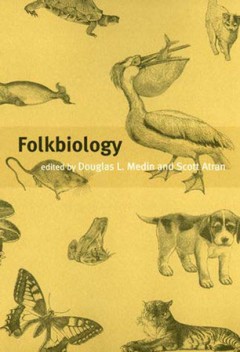
Folkbiology
"A Bradford book."OCLC-licensed vendor bibliographic record.
- Edition
- -
- ISBN/ISSN
- 9780262279611
- Collation
- 1 online resource (ix, 504 pages) :illustrations
- Series Title
- -
- Call Number
- -
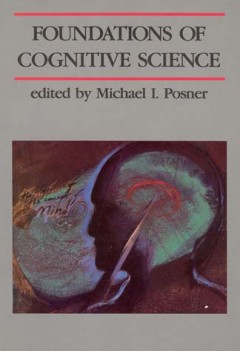
Foundations of cognitive science
"A Bradford book."What is cognitive science? Foundations of Cognitive Science answers this question in a way that gives a feeling for the excitement, ferment, and accomplishments of this new field. It is the first broad treatment of cognitive science at an advanced level.Complete and authoritative, Foundations of Cognitive Science covers the major architectures; provides background in philosoph…
- Edition
- -
- ISBN/ISSN
- 9780262281805
- Collation
- 1 online resource (xiv, 862 pages) :illustrations
- Series Title
- -
- Call Number
- -
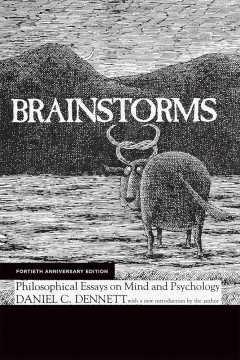
Brainstorms :philosophical essays on mind and psychology
When Brainstorms was published in 1978, the interdisciplinary field of cognitive science was just emerging. Daniel Dennett was a young scholar who wanted to get philosophers out of their armchairs -- and into conversations with psychologists, linguists, computer scientists. This collection of seventeen essays by Dennett offers a comprehensive theory of mind, encompassing traditional issues of c…
- Edition
- 40th Anniversary edition.
- ISBN/ISSN
- 9780262343725
- Collation
- 1 online resource
- Series Title
- -
- Call Number
- -
 Computer Science, Information & General Works
Computer Science, Information & General Works  Philosophy & Psychology
Philosophy & Psychology  Religion
Religion  Social Sciences
Social Sciences  Language
Language  Pure Science
Pure Science  Applied Sciences
Applied Sciences  Art & Recreation
Art & Recreation  Literature
Literature  History & Geography
History & Geography